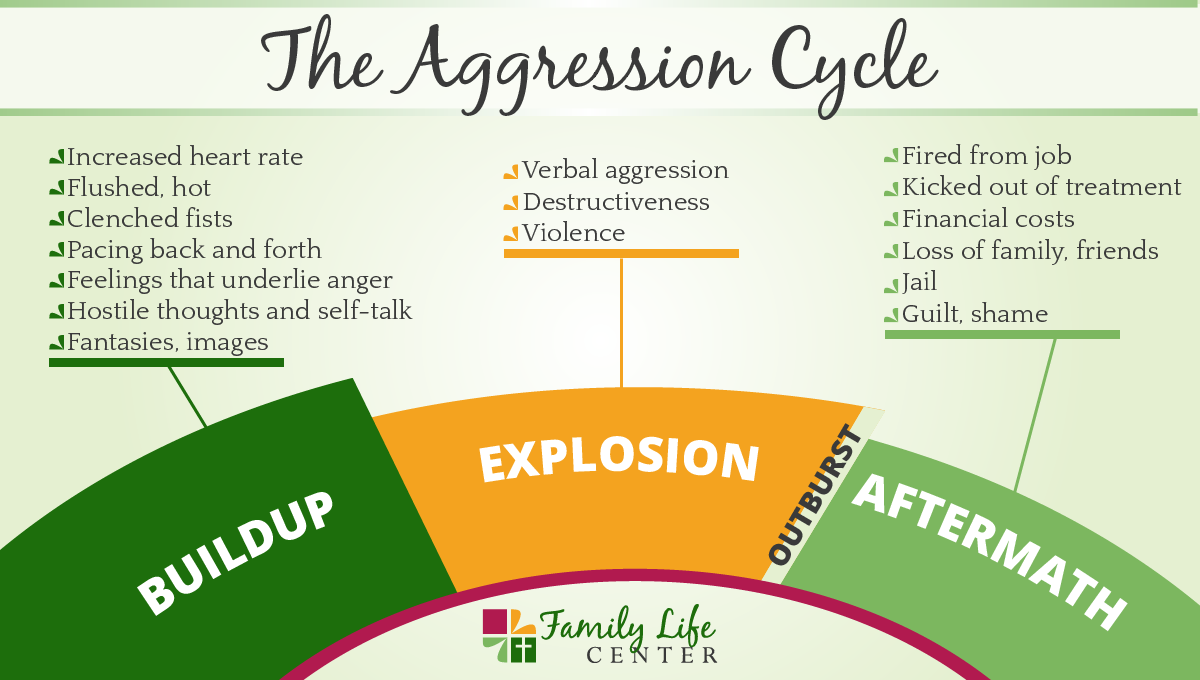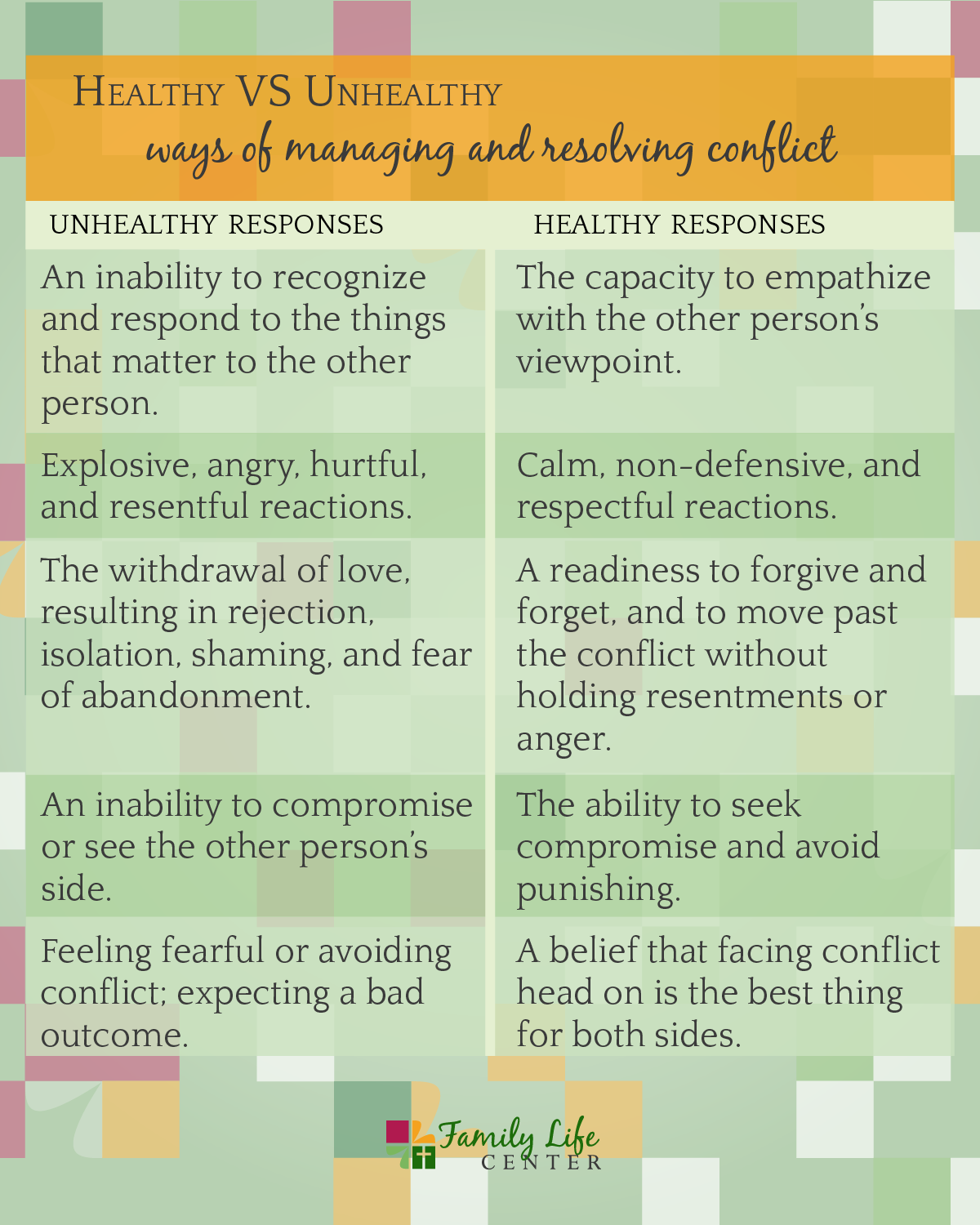
Anger is a normal, healthy emotion, neither good nor bad. Like any emotion, it conveys a message, telling you that a situation is upsetting, unjust, or threatening. If your knee-jerk reaction to anger is to explode, however, that message never has a chance to be conveyed. So, while it’s perfectly normal to feel angry when you’ve been mistreated or wronged, anger becomes a problem when you express it in a way that harms yourself or others.
You might think that venting your anger is healthy, that the people around you are too sensitive, that your anger is justified, or that you need to show your fury to get respect. But the truth is that anger is much more likely to have a negative impact on the way people see you, impair your judgment, and get in the way of success.
Effects of Anger
Chronic anger that flares up all the time or spirals out of control can have serious consequences for your:
- Physical health. Constantly operating at high levels of stress and anger makes you more susceptible to heart disease, diabetes, a weakened immune system, insomnia, and high blood pressure.
- Mental health.Chronic anger consumes huge amounts of mental energy, and clouds your thinking, making it harder to concentrate or enjoy life. It can also lead to stress, depression, and other mental health problems.
- Career. Constructive criticism, creative differences, and heated debate can be healthy. But lashing out only alienates your colleagues, supervisors, or clients and erodes their respect.
- Relationships. Anger can cause lasting scars in the people you love most and get in the way of friendships and work relationships. Explosive anger makes it hard for others to trust you, speak honestly, or feel comfortable—and is especially damaging to children.
If you have a hot temper, you may feel like it’s out of your hands and there’s little you can do to tame the beast. But you have more control over your anger than you think. With insight about the real reasons for your anger and these anger management tools, you can learn to express your emotions without hurting others and keep your temper from hijacking your life.
The Aggression Cycle
An episode of anger can be viewed as consisting of three phases: buildup, explosion, and aftermath. Together, these three phases make up the aggression cycle.
The buildup phase is characterized by cues that indicate anger is building. Cues are warning signs, or responses, to anger-related events. If the buildup phase is allowed to continue, the explosion phase can follow. The explosion phase is marked by a discharge of anger that is displayed as verbal or physical aggression.
The aftermath phase is characterized by the negative consequences that result from the verbal or physical aggression displayed during the explosion phase. These consequences may include going to jail, making restitution, being terminated from a job, being discharged from a drug treatment or social service program, losing family and loved ones, or feelings of guilt, shame, and regret.
One of the primary objectives of anger management treatment is to stop you from reaching the explosion phase. This is accomplished by monitoring changing levels of anger, attending to the warning signs that indicate anger, and using appropriate strategies to stop the escalation.
ASSERTIVENESS TRAINING AND THE CONFLICT RESOLUTION MODEL
Assertiveness Training
One alternative to aggressive behavior is to act passively or in a non-assertive manner. This behavior is undesirable because you allow your rights to be violated. You may resent the person who treated you poorly, and you may be angry with yourself for not standing up for your rights. The basic message of passivity is that your feelings, thoughts, and beliefs are very important but my feelings, thoughts, and beliefs are unimportant and inconsequential.
People who act in a passive-aggressive way tend to believe that others are making unreasonable demands of them. They, therefore, ignore the demands or try to mess things up for the person who made the demand. If you express the opinion that you see the demand as unreasonable in an assertive way, rather than a passive-aggressive way, others may understand your perspective, which may help you to reach a compromise.
From an anger management perspective, the best way to deal with a person who has treated you unfairly is to act assertively. Acting assertively involves standing up for yourself in a way that is respectful of other people. The basic message of assertiveness is that my feelings, thoughts, and beliefs are important and your feelings, thoughts, and beliefs are equally important. By acting assertively, you can express your feelings, thoughts, and beliefs to the person who violated your rights without suffering the negative consequences associated with aggression or the devaluation of yourself associated with passivity or nonassertion. It is important to emphasize that assertive, aggressive, and passive responses are learned behaviors; they are not innate, unchangeable traits.
Conflict Resolution Model
The Conflict Resolution Model is one method you can use to act assertively. It involves five steps that can easily be memorized.
- Identifying the Problem. This step involves identifying the specific problem that is causing the conflict (for example, a friend not being on time when you come to pick him or her up).
- Identifying the Feelings. In this step, you identify the feelings associated with the conflict (for example, frustration, hurt, or annoyance).
- Identifying the Specific Impact. This step involves identifying the specific impact or outcome of the problem that is causing the conflict (for example, being late for the meeting that you and your friend plan to attend).
- Deciding Whether To Resolve the Conflict. This step involves deciding whether to resolve the conflict or let it go. In other words, is the conflict important enough to bring up?
- Addressing and Resolving the Conflict. In this step, you set up a time to address the conflict, describe how you perceive it, express your feelings about it, and discuss how it can be resolved.
Find Healthier Ways to Express Your Anger
If you’ve decided that the situation is worth getting angry about and there’s something you can do to make it better, the key is to express your feelings in a healthy way. Learning how to resolve conflict in a positive way will help you strengthen your relationships rather than damaging them.
Always fight fair. It’s OK to be upset at someone, but if you don’t fight fair, the relationship will quickly break down. Fighting fair allows you to express your own needs while still respecting others.
Make the relationship your priority. Maintaining and strengthening the relationship, rather than “winning” the argument, should always be your first priority. Respect the other person and their viewpoint.
Focus on the present. Once you are in the heat of arguing, it’s easy to start throwing past grievances into the mix. Rather than looking to the past and assigning blame, focus on what you can do in the present to solve the problem.
Be willing to forgive. Resolving conflict is impossible if you’re unwilling or unable to forgive. Resolution lies in releasing the urge to punish, which can never compensate for our losses and only adds to our injury by further depleting and draining our lives.
Take five if things get too heated. If your anger starts to spiral out of control, remove yourself from the situation for a few minutes or for as long as it takes you to cool down.
Know when to let something go. If you can’t come to an agreement, agree to disagree. It takes two people to keep an argument going. If a conflict is going nowhere, you can choose to disengage and move on.
Conflict 101 – What is it?
- A conflict is more than just a disagreement.It is a situation in which one or both parties perceive a threat (whether or not the threat is real).
- Conflicts continue to fester when ignored.Because conflicts involve perceived threats to our well-being and survival, they stay with us until we face and resolve them.
- We respond to conflicts based on our perceptionsof the situation, not necessarily to an objective review of the facts. Our perceptions are influenced by our life experiences, culture, values, and beliefs.
- Conflicts trigger strong emotions.If you aren’t comfortable with your emotions or able to manage them in times of stress, you won’t be able to resolve conflict successfully.
- Conflicts are an opportunity for growth.When you’re able to resolve conflict in a relationship, it builds trust. You can feel secure knowing your relationship can survive challenges and disagreements.
How Do You Respond To Conflict?
Do you fear conflict? Do you avoid it at all costs? If your perception of conflict comes from painful memories from early childhood or previous unhealthy relationships, you may expect all disagreements to end badly. You may view conflict as demoralizing, humiliating, or something to fear. If your early life experiences left you feeling powerless or out of control, conflict may even be traumatizing for you.
If you’re afraid of conflict, it can become a self-fulfilling prophecy. When you enter a conflict situation already feeling threatened, it’s tough to deal with the problem at hand in a healthy way. Instead, you’re more likely to either shut down or blow up in anger.
Recognize the Need for Professional Help
If despite putting these previous anger management techniques into practice, your anger is still spiraling out of control, or if you’re getting into trouble with the law or hurting others, you need more help.
Anger management classes allow you to meet others coping with the same struggles and learn tips and techniques for managing your anger. Family Life Center offers anger management classes. You can check our schedule here. Even if you are not attending a Family Life Center anger management class, you can learn more about what to expect from an anger management class here.
Therapy, either group or individual, can be a great way to explore the reasons behind your anger and identify triggers. Therapy can also provide a safe place to practice new skills for expressing anger. Learn about individual counseling and group counseling options.
For more updates like this, subscribe to our monthly newsletter!



